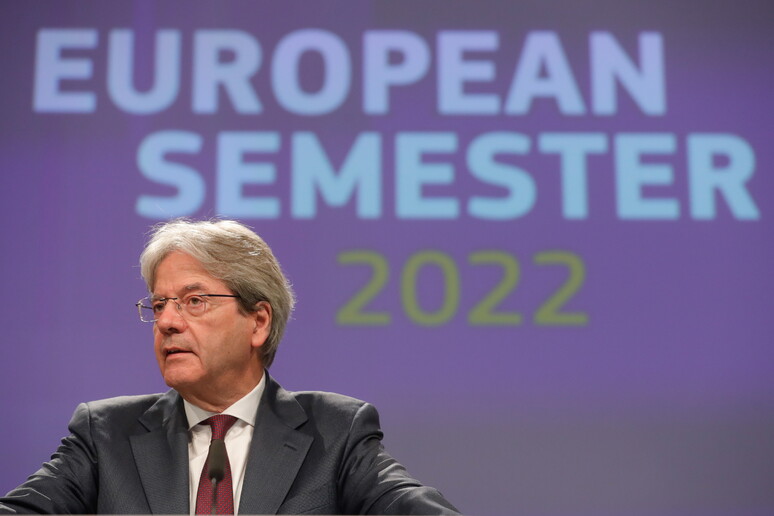The European Commission said Monday
that Italy continues to be dogged by "excessive imbalances" on
the macroeconomic front in its 2022 European Semester Spring
Package.
"Italy's economy is facing vulnerabilities relating to high
government debt and weak productivity growth, as well as
fragilities in the labour market and some weaknesses in the
financial market," the Commission said.
"Italy's public debt ratio remains high, in part due to
persistently weak GDP growth, and remains a risk for fiscal
sustainability and the financial sector".
On the positive side, the Commission said Italy's the reforms
and investments of Italy's post-COVID Recovery and Resilience
Plan (RRP), which is being funded with the help of almost 200
billion euros of EU grants and low-interest loans, "are expected
to contribute to reducing macroeconomic imbalances.
"The implementation of reforms and investments is set to
gradually boost productivity and growth," it said.
"A prudent and effective management of government finances, both
on the expenditure and on the revenue side, as well as an
effective implementation of the investments and reforms included
in the RRP to foster growth, remains crucial to better allocate
public resources and achieve a sustainable fiscal adjustment".
The Commission also confirmed on Monday that it was extending
the general escape clause of the Stability and Growth Pact
through 2023, saying this was warranted by the "heightened
uncertainty and strong downside risks to the economic outlook in
the context of war in Europe, unprecedented energy price hikes
and continued supply chain disturbances".
However, Economy Commissioner Paolo Gentiloni warned that this
must not be considered the green light for "a return to
unlimited spending".
ALL RIGHTS RESERVED © Copyright ANSA











